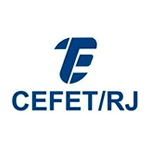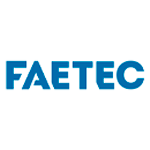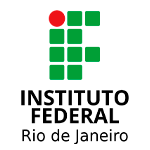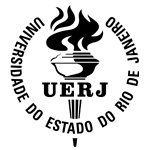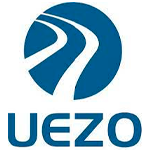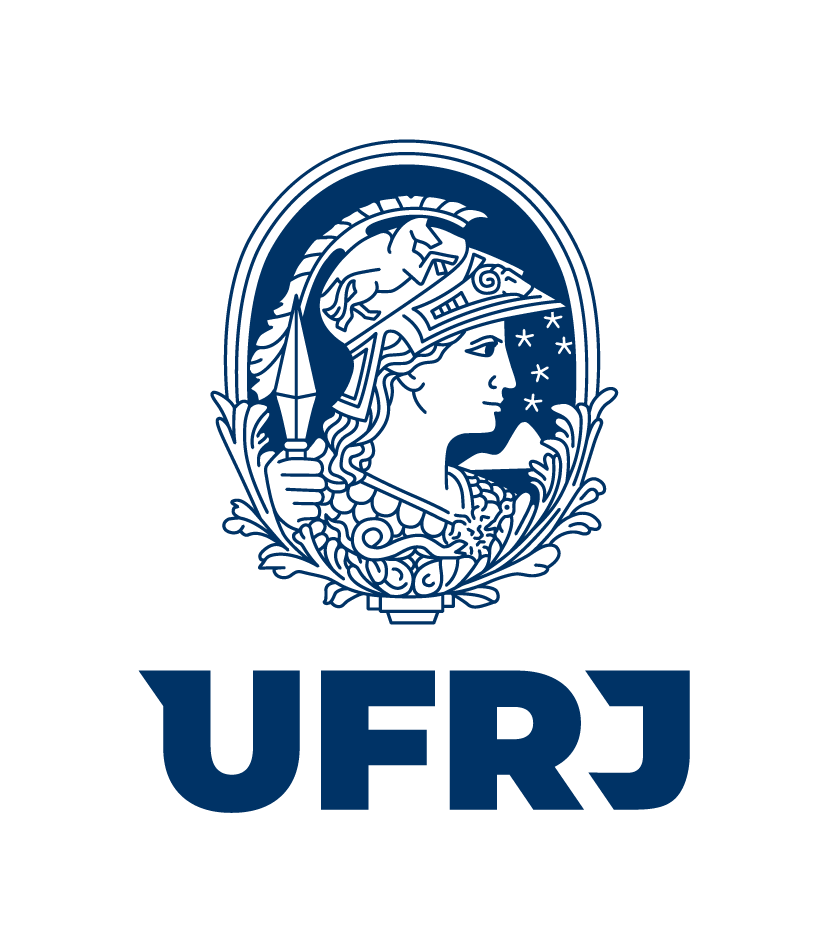Modos de Ser na/da Educação a Distância
DOI:
https://doi.org/10.18264/eadf.v10i1.901Resumo
Neste artigo expomos uma pesquisa de cunho qualitativo, desenvolvida de acordo com a abordagem fenomenológica, orientada pela interrogação: "Como o formador de docentes que ensinam Matemática nos anos iniciais se compreende professor em cursos EaD?" Ao perseguir essa questão, denominada por nós de orientadora, buscamos conhecer os diferentes modos de como o professor formador de docentes, que ensinarão matemática na Educação Básica, se compreende no movimento de ensinar matemática na modalidade a distância e no ambiente tecnológico, como viabilizadores do ensino. Para conseguir respostas que satisfizessem à pergunta, realizamos cinco entrevistas, as quais foram transcritas e, posteriormente analisadas cuidadosamente em dois momentos: o da análise ideográfica e o da análise nomotética. Na atenção dada ao dito pelos depoentes e do movimento analítico-reflexivo emergiram duas categorias: modos de ser na EaD e modos de ser da EaD, que foram interpretadas à luz dos depoimentos e da literatura. Destacamos que tais categorias são o resultado do movimento de análise. Embora muito parecidas, tais categorias revelam características identitárias específicas, ao perpassarem por ideias nucleares que revelam como vem acontecendo a formação no âmbito da educação a distância, segundo nosso olhar de pesquisadores, interessados no tema. Em síntese, o estudo evidencia que a EaD, nascida para preencher as lacunas da educação escolar, revela um caminho para o surgimento de uma outra forma de condução do ensino. Esta modalidade faz com que o aluno, que assume com responsabilidade sua formação, avance em seus estudos e construa sua professoralidade. A graduação na EaD possui características únicas, pois trata-se de uma modalidade que ousou ao utilizar a tecnologia a favor do ensino e possibilitou aprender matemática a partir da tela do computador.
Palavras-chave: Fenomenologia. Educação matemática. Formação de professores. Filosofia da educação.
Downloads
Referências
Anastacio, M. Q.; Barros, N. M. (2013) Formação de professores a distância: ... parece que estamos na sala de aula...?. Acta Scientiae, Canoas, 15 (3), p.447-463. Recuperado de: http://www.periodicos.ulbra.br/index.php/acta/article/view/498/743.
Baier, T.; Bicudo, M. A. V. (2013) A criação da inteligência coletiva, de acordo Pierre Lévy, em cursos de educação í distância. Acta Scientiea. Canoas, 15(3), p. 420-431. Recuperado de: http://www.periodicos.ulbra.br/index.php/acta/article/view/496.
Barros, N. M. (2013). A compreensão de matemática em um ambiente online de formação de professores. 315 f. Tese (Doutorado), Educação Para A Ciência, Faculdade de Ciências, Universidade Estadual Paulista Júlio de Mesquita Filho, Campus de Bauru, Bauru, Brasil.
BICUDO, M. A. V.(2016) Developments in philosophy in/of mathematical education: epistemological, ontological anthropological questions posed by the presence of computers and other media in mathematical education practice. Philosophy of Mathematics Education Journal, v. 31, p. 1-8.
Borba, M. C.; Malheiros, A. P.; Amaral, R. B. (2011) Educação a Distância Online. Belo Horizonte: Autêntica.
DETONI, A. R. (2014). O ESTAR-PRESENTE A DISTÂNCIA: POSSíVEIS CONTRIBUIÇÕES DE MARTIN HEIDEGGER. IN: MARIA APARECIDA VIGGIANI BICUDO. (ORG.). CIBERESPAÇO: POSSIBILIDADES QUE SE ABREM AO MUNDO DA EDUCAÇíO (P.93-108). SíO PAULO: EDITORA LIVRARIA DA FíSICA.
Ferreira, M. J. A. (2019) A constituição e a produção do conhecimento matemático ao ser-com o computador. Tese (Doutorado), Educação Matemática, Universidade Estadual Paulista Júlio de Mesquita Filho?, Campus de Rio Claro, Rio Claro, Brasil.
Heidegger, M. (2018). Construir, habitar, pensar. Traduzido por Victor Hugo de Oliveira Marques. Multitemas. Campo Grande. Brasil. (DOI: http://dx.doi.org/10.20435/multi.v23i53.1593)
Kluth, V. S.; Moura, S. P. R. (2014). Preâmbulos investigativos sobre o uso de softwares como ato propulsor do pensar matemático. In: Bicudo, M. A. V. (Org.). Ciberespaço: Possibilidades que se abre ao mundo da educação (221-247). São Paulo: Livraria da Física.
Lammoglia, B.; Misse, B. H. L. (2014). Possibilidades de avaliação de rendimento escolar em plataformas de cursos de Educação a Distância. In: Bicudo, M. A. V. Vigianni (Org.). Ciberespaço: possibilidades que abre ao mundo da educação (185-218). São Paulo: Livraria da Física.
Mocrosky, L. F. (2010) A Presença da Ciência, da Técnica, da Tecnologia e da Produção no Curso Superior de Tecnologia em Fabricação Mecânica. 2010. 364 p. Tese (Doutorado em Educação Matemática) - Instituto de Geociências e Ciências Exatas, Universidade Estadual Paulista, Rio Claro.
Vanini, L; ROSA, M.; REUWSAAT, J. C.; PAZUCH, J. V. (2013) Cyberformação de professores de matemática: olhares para a dimensão tecnológica. Acta Scientiea. Canoas, v. 15, n. 1, p. 153-151.
Downloads
Publicado
Como Citar
Edição
Seção
Licença
Copyright (c) 2020 EAD EM FOCO

Este trabalho está licenciado sob uma licença Creative Commons Attribution 4.0 International License.
Todos os artigos publicados na Revista EaD em Foco recebem a licença Creative Commons - Atribuição 4.0 Internacional (CC BY 4.0). Todas as publicações subsequentes, completas ou parciais, deverão ser feitas com o reconhecimento, nas citações, da Revista EaD em Foco como a editora original do artigo.


